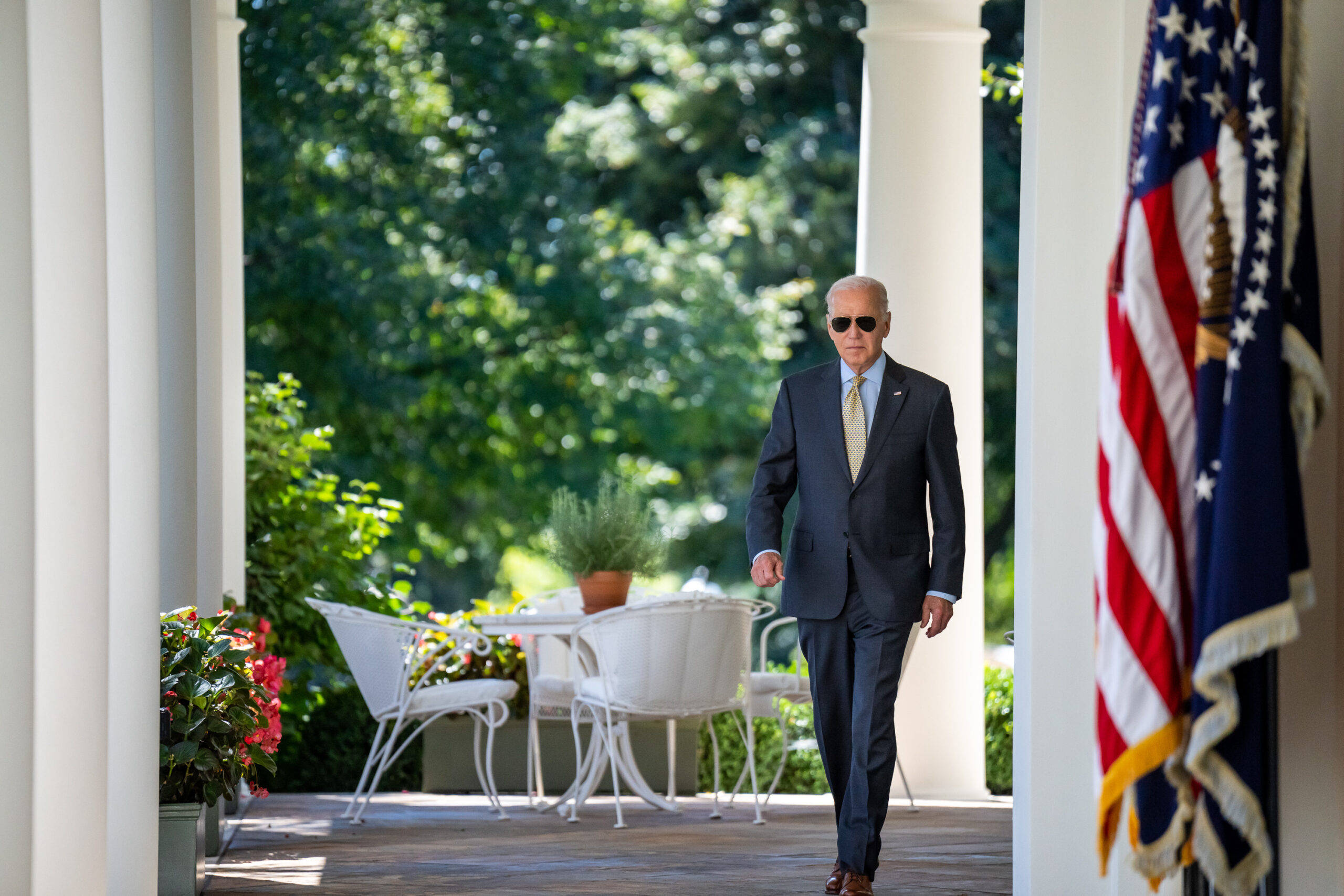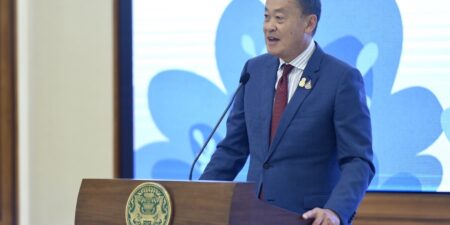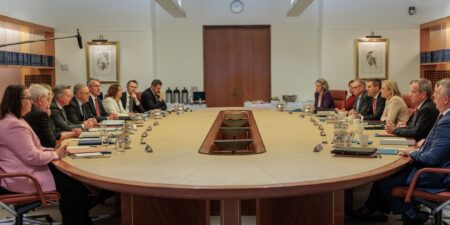
US-Vietnam Relations To Be Elevated in Biden’s Upcoming Visit to Hanoi

Insights & News


Thai Cabinet Reshuffle Strengthens PM Srettha’s Hand
BGA Thailand Senior Adviser Thitinan Pongsudhirak wrote an update analyzing Thailand’s latest Cabinet reshuffle. Thailand’s …

Australia Announces New Foreign Investment Framework
The BGA Australia Team, led by Managing Director Michael “Mick” McNeill, wrote an update on …

Australia Prepares Crackdown on Social Media Misinformation
The BGA Australia Team, led by Managing Director Michael “Mick” McNeill, wrote an update on …
At BowerGroupAsia, we are committed to
delivering result-oriented solutions for our clients
We have proven track record of helping the world’s top companies seize opportunities and manage challenges across the dynamic Indo-Pacific region.




















